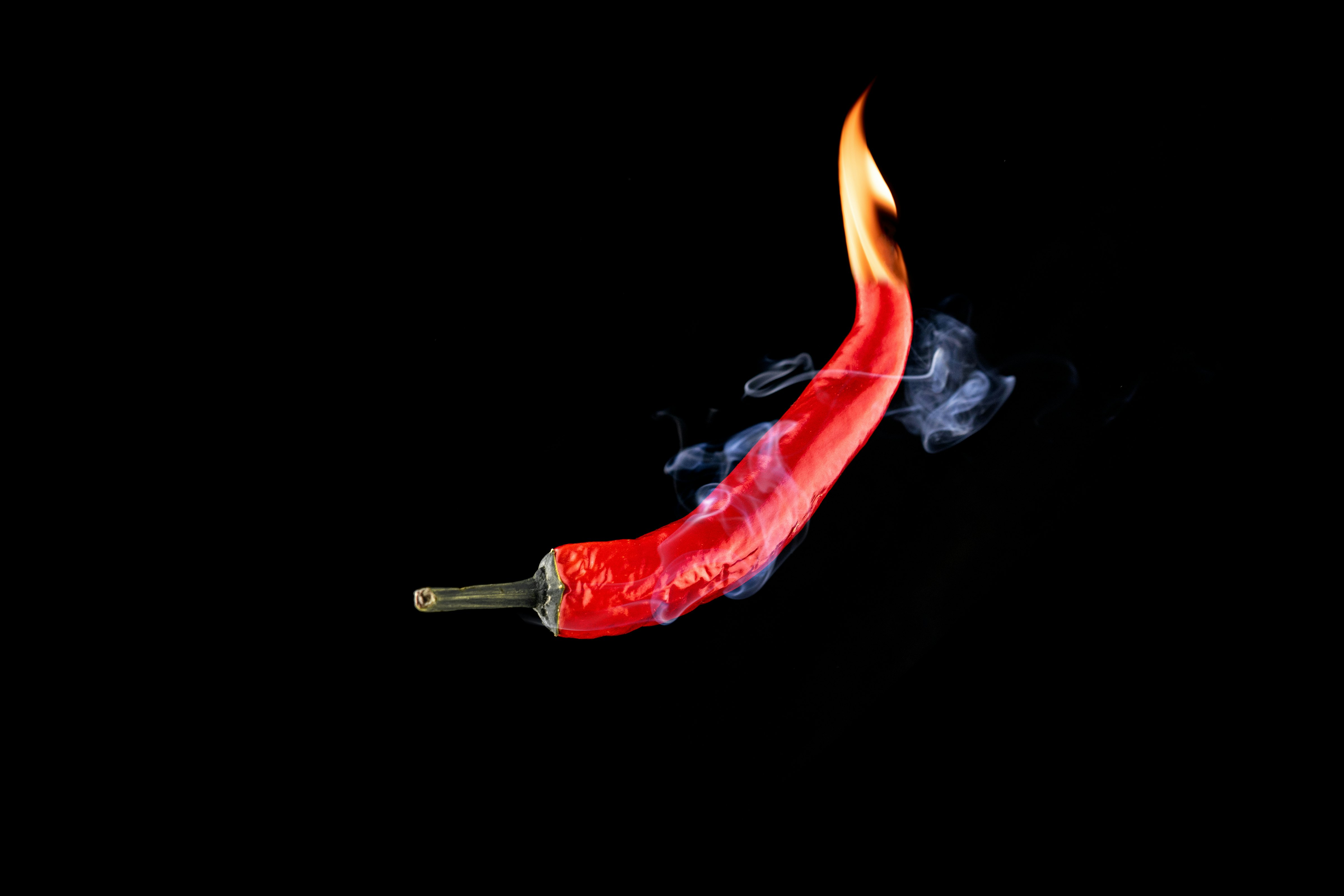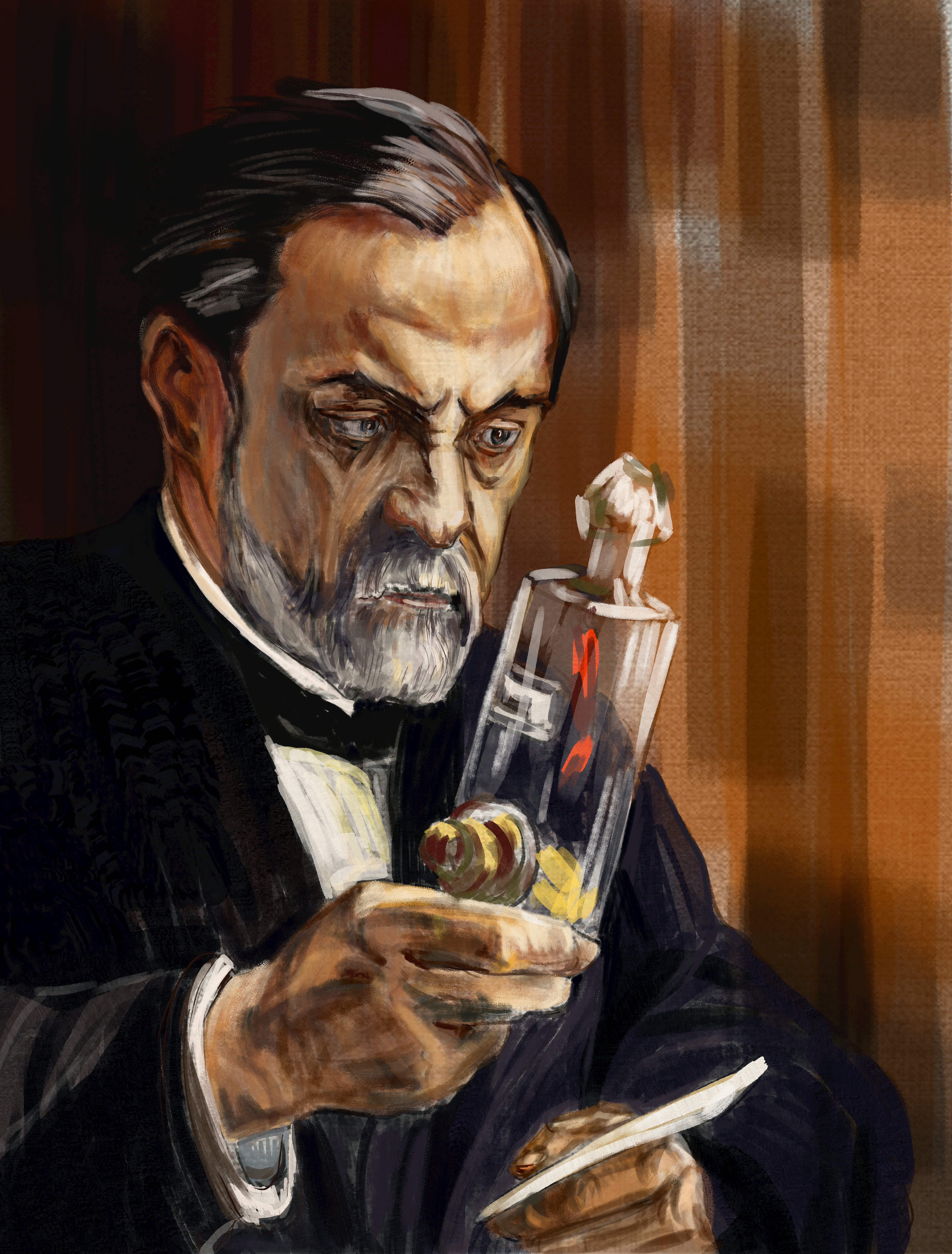
They say that a hot chili pepper can “set your mouth on fire.” Yet even the hottest ghost pepper doesn’t really produce heat. That burning sensation you feel dancing over your tongue, in your stomach, and through your body? It’s created by the brain.
According to neuroscience, spiciness is perceived when pepper chemicals sneakily trigger temperature-sensitive pain receptors on the tongue. The good news: You can train your brain to better handle the pain over time.
This is an adapted version of the Inverse Daily newsletter for Wednesday, July 6, 2022. Subscribe for free and learn something new every day.
Welcome back! For those of you in the US, I hope you enjoyed your holiday weekend. While we were away, scientists geared up to give us a new outlook on Jupiter, cats, and more.

The Webb Telescope will reveal Jupiter and its icy moons in stunning detail
The James Webb Space Telescope is nearly operational. Before it starts to observe far-off galaxies and distant stars, some of its first science projects will come from our cosmic backyard.
An initial round of studies have been carefully chosen to help astronomers test Webb’s capabilities. First up, our Solar System’s largest planet: Jupiter. Webb will spend about 33 hours this summer observing the planet, its rings, and two of its most interesting moons: icy Ganymede and volcanic hellscape Io.
Webb will also help us better understand the Great Red Spot, the 16,000-kilometer-wide storm that has raged for 200 years in Jupiter’s southern hemisphere.
“We hope JWST will shed more light on the chemistry and dynamics of these regions throughout the atmosphere, from pressures as small as nanobars down to below the main cloud deck,” says Imke de Pate, a planetary scientist from the University of California Berkeley.

Why spicy food makes you sweat, according to neuroscience
Capsaicin is a naturally occurring chemical in chili peppers. It’s also what signals to your brain that you are eating something both painful and hot.
How? When you eat something containing capsaicin, it binds to receptors on the tongue called TRPV1, which then sends a signal to the brain saying that you’ve encountered something flaming and burning — even in the absence of fire. Your body responds as if it has, though, by sweating.
In other words, the body responds as if it is in harm’s way, but it is not. Since the neurons perceive an increase in temperature, sweating is a great way to cool the body down.
The best way to stop sweating may seem counterintuitive, according to neuroscientist Federica Genovese of the Monell Chemical Senses Center in Philadelphia. You might want to chug, for example, a bottle of Cholula. Building a tolerance to capsaicin is the fastest way to train the body to temper its reactions against spice.

Cat destroying your furniture? It may be a good sign
A research team from Brazil has a new theory about why cats commonly scratch furniture. It may signify a strong emotional bond between cat and their human.
In the study, published in the Journal of Veterinary Behavior, the researchers surveyed 500 cat owners about their perceived relationship with their pet. Surprisingly, owners of cats that did not scratch the furniture had a lower level of emotional closeness.
“It makes sense to me that cats that are more socially attached to their owners can be destructive as a way of getting attention,” Chyrle Bonk, a veterinarian at PetKeen, tells Inverse.
Yet not all feline experts agree. Katherine Pankratz, a board-certified veterinary behaviorist not affiliated with the study, points out that the cats did not exhibit other destructive behavior, such as house-soiling. “The results make me curious if owners with a lower emotional closeness may be less observant or less aware of their cats’ behavior — i.e., scratching,” she said.

The oral history of Men In Black
Released in 1997, Men In Black changed the game for alien movies.
There had, of course, been films about aliens for decades. But this one had director Barry Sonnenfeld from The Addams Family, Will Smith fresh off Independence Day, and Tommy Lee Jones, who had recently won an Oscar for The Fugitive.
On top of that, add the help of rapidly-developing computer software and legendary prosthetics artist Rick Baker (who won an Oscar for his work on the film). Men In Black made aliens look good.
Inverse spoke to 14 key members of the production to get the lowdown on how Men in Black overcame its challenges to transform a genre.

About this newsletter: Do you think it can be improved? Have a story idea? Want to share a story about the time you met an astronaut? Send those thoughts and more to newsletter@inverse.com.
- On this day in history: On July 6, 1885, Louis Pasteur administered the first rabies vaccine, beginning the modern era of immunization.
- Song of the day: “Love At First Sight” by Kylie Minogue







